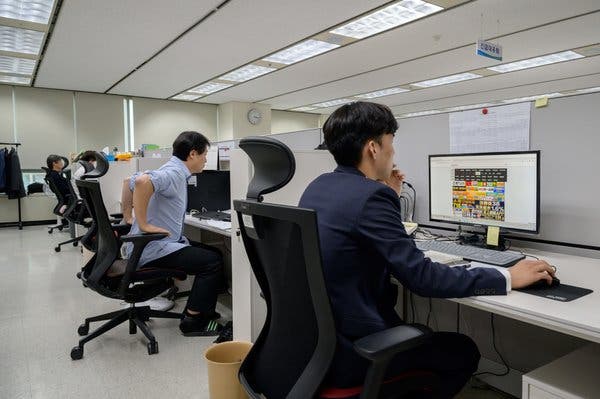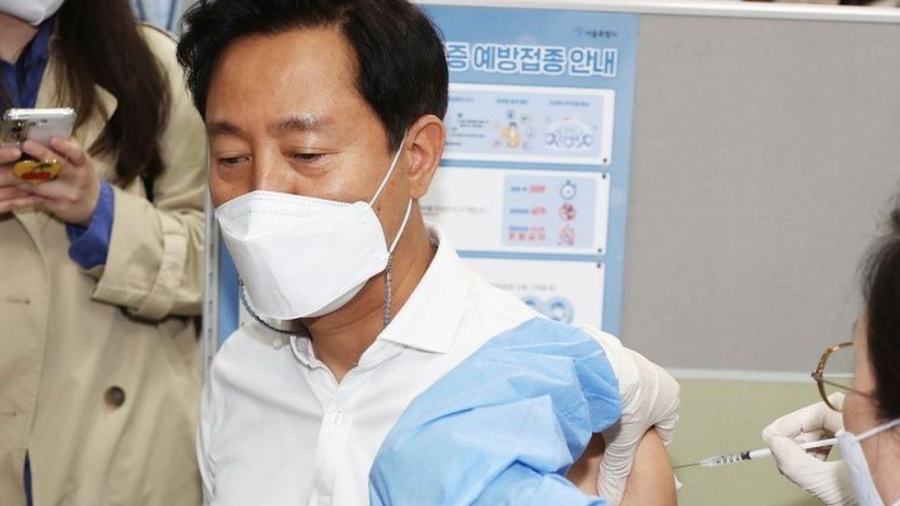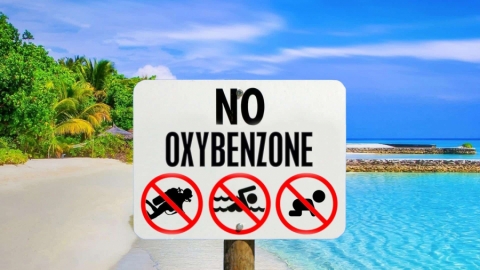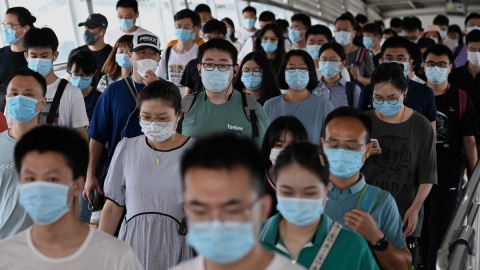In addition to advising against travel, the South Korean government is requiring employers to be flexible in coordinating their workforce, allowing 30% of employees to work from home during this period of unpredictable disease outbreaks.
Prime Minister Kim Boo-kyum urged citizens returning from holidays to proactively seek out local medical facilities and get tested for Covid-19 before resuming their daily activities and work.

The government is advising companies to redistribute their workforce to limit the spread of the disease (illustration: The New York Times).
On August 17, the latest figures recorded 1,373 new cases of Covid-19 and 6 deaths in the country in the past 24 hours, bringing the total number of cases to 226,854 and the death toll to 2,173.
One of the problems plaguing authorities is the shortage of vaccines needed to accelerate the vaccination campaign. According to KDCA data, to date, 42.8% of South Korea's 52 million population has received at least one dose of the Covid-19 vaccine, while only 17.4% have received the full two doses.

South Korea's vaccination plan is lagging due to vaccine shortages (illustration: BBC).
To date, South Korea has ordered more than 193 million doses of vaccine from Pfizer, Moderna, AstraZeneca, Johnson & Johnson, and Novavax. However, due to unforeseen circumstances, these vaccine shipments have been delayed and have not yet arrived in the country.
For example, South Korea ordered 66 million doses of the Pfizer vaccine this year, but so far has only received 17.88 million doses. The full order is not expected until 2022. South Korea is also planning to purchase an additional 30 million doses of Pfizer to complete the vaccination program and achieve herd immunity.

 VI
VI EN
EN





























